In Spain, kumquat cultivation emerged as a viable alternative to traditional citrus, as its market price makes it a profitable product. This exotic citrus looks like a small orange (two to four centimeters long), weighs between 10 and 20 grams and has an attractive color. Its season lasts from December to May, like the rest of citrus, but it is more resistant and has a long shelf life.
"The characteristics of kumquat allow for the harvest and sales to be carried out without haste. It is also easy to manage compared to traditional citrus. The harvest begins in Spain with good sales until Italy and France (Corsica) enter the market," says José Carlos, manager of BioAlgarrobo, which produces 40,000 kilos of organic kumquat per year.
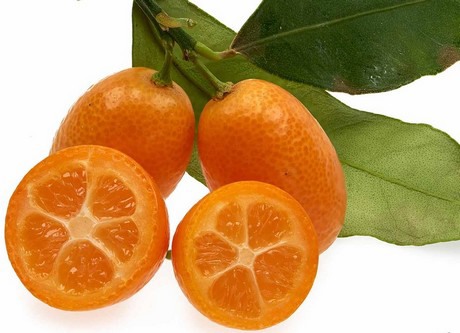
"This campaign has been difficult, with lower prices than expected," says José Carlos. "One of the reasons for the low prices has been the market saturation and a late harvest due to the weather. The month of December is the best month for kumquat, but the fruit was not ready. In January and February the demand was low," says the manager.
Another exotic product of BioAlgarrobo with good potential in Spain is passion fruit, which is grown in greenhouses all year round.
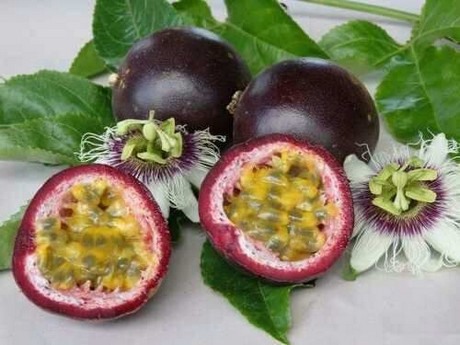
"Until now, these products were imported exclusively from Colombia or Uganda, but the European consumer prefers organic European products. Exporting countries such as Colombia or Uganda cannot compete with those European products. The consumer who chooses organic has a preference for environmentally-friendly local products," explains the manager. Exotic products which had so far had a marginal share of the market are gaining popularity thanks to their nutritional properties (antioxidants) and to gastronomic trends.
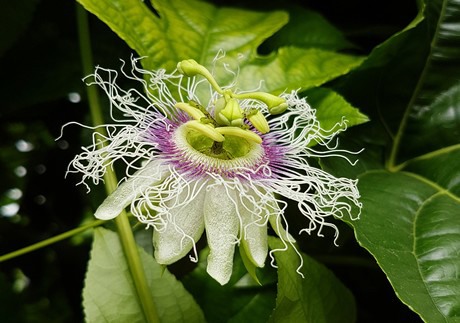
The life cycle of passion fruit is short, but with a quick development. The first year it produces 1 kg / m2, the second between 2 and 3 kg / m2, and the third about 5 kg. "This is the production abroad, in the country of origin. Now we are investigating to assess whether Spanish crops offer the same profitability. Keeping the sun exposure and temperature under control is a vital factor. Also important is for tomato pollinating bumble bees to be present for the flowering, and seed selection is also essential. So far, the trials have been successful," says José Carlos.
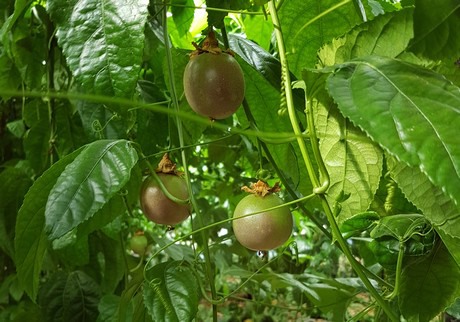
"In Spain, the popularity of organic products will be strengthened when retailers such as Mercadona begin offering this line. Although cultivation is difficult, it is beneficial for the entire chain. The price margins are interesting and the producer obtains greater profits, despite the difficulties involved in the cultivation process. An informed consumer is willing to pay the difference. However, the increase in the production is already bringing prices down," says the manager of BioAlgarrobo.
The Malaga-based company exports 90% of its production to Germany, the Netherlands, Austria and France. With 200 producers and 200 hectares of organic fruit and vegetables, its facilities are fully energetically self-sufficient thanks to the use of photovoltaic panels which generate enough power to work efficiently, while respecting the environment.
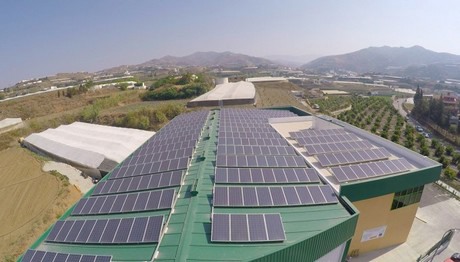
Another example of sustainability is the Natural Branding of its products:
For more information:
José Carlos Varela
BioAlgarrobo
Ctra. Algarrobo km 2
29750 Algarrobo, Malaga. Spain
T: +34 952 552 168
contacto@bioalgarrobo.com
www.bioalgarrobo.com
